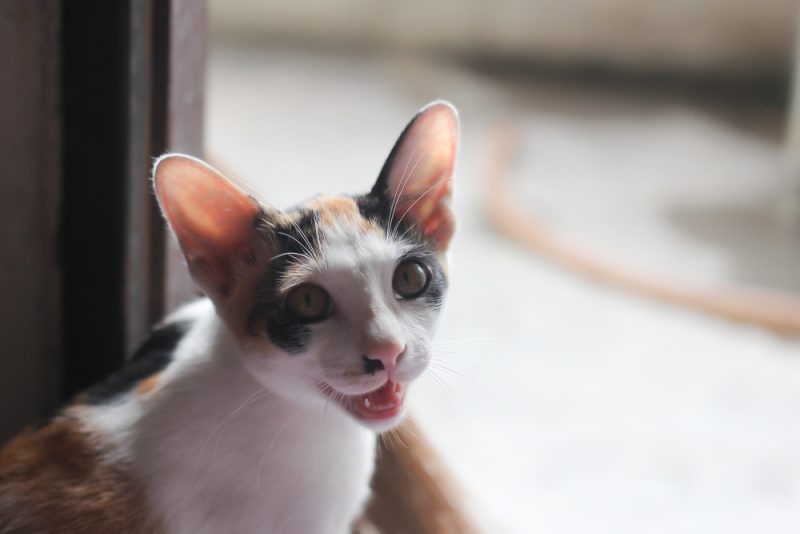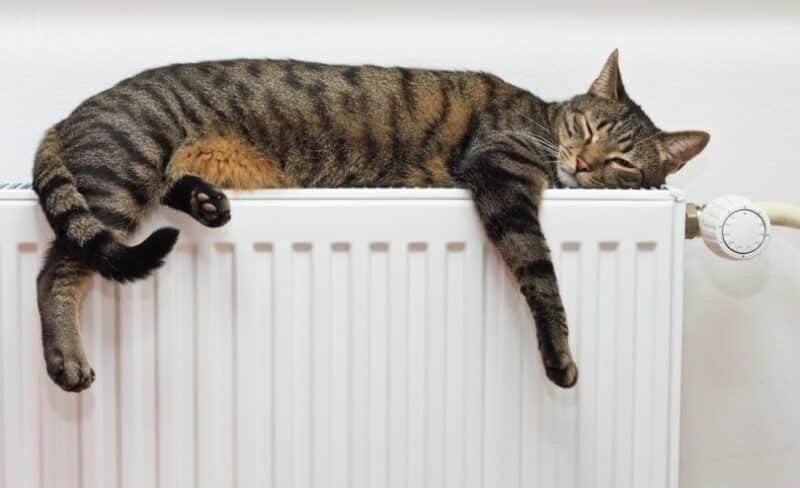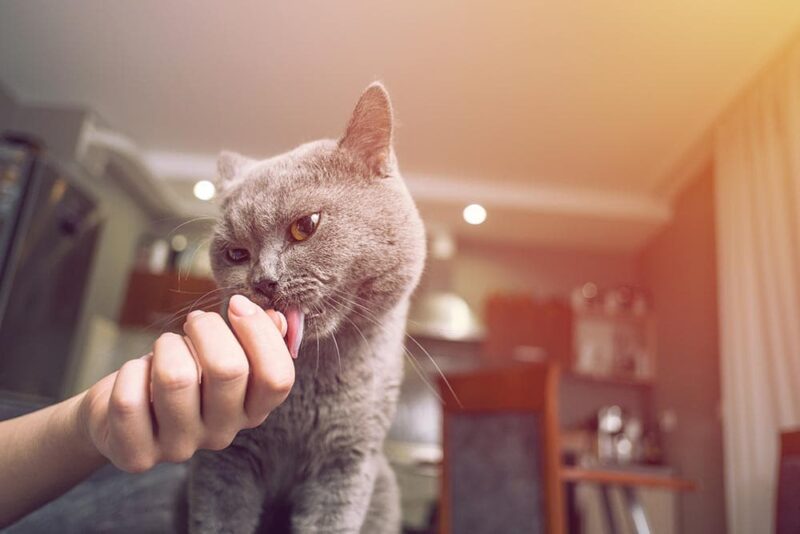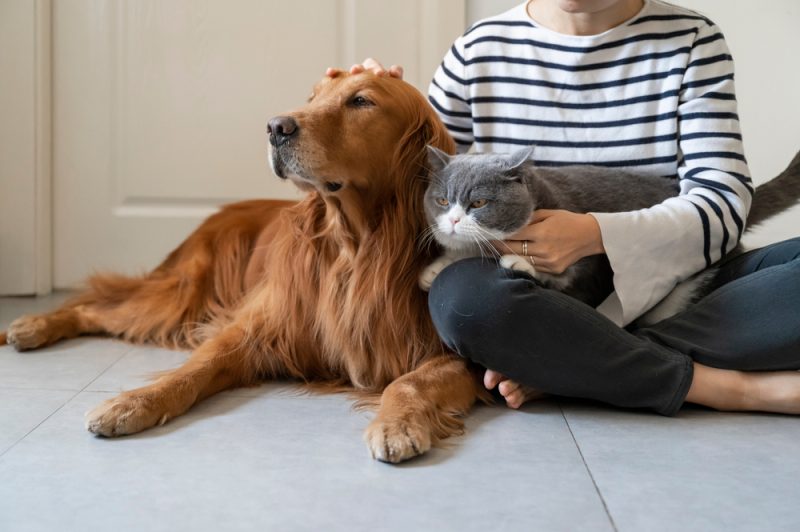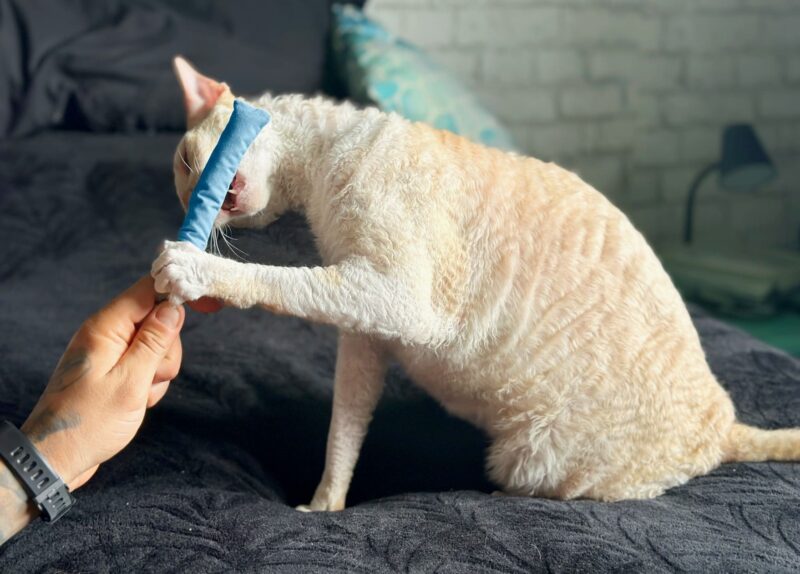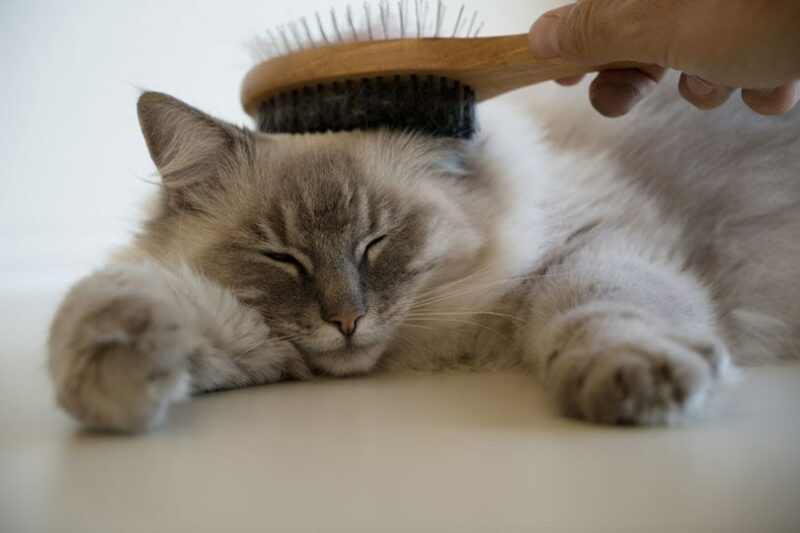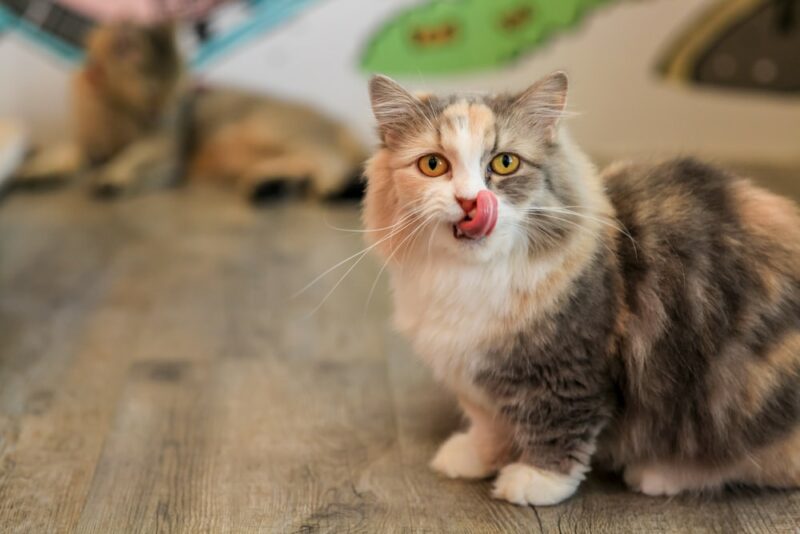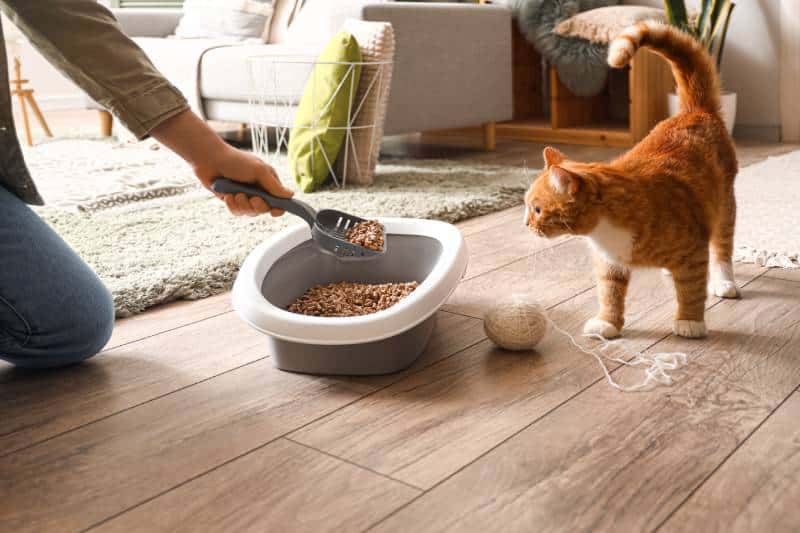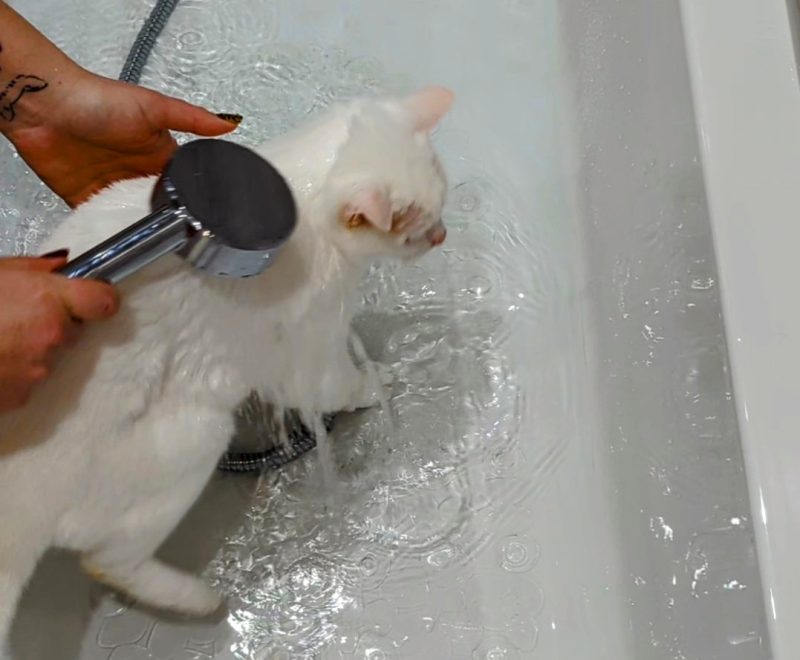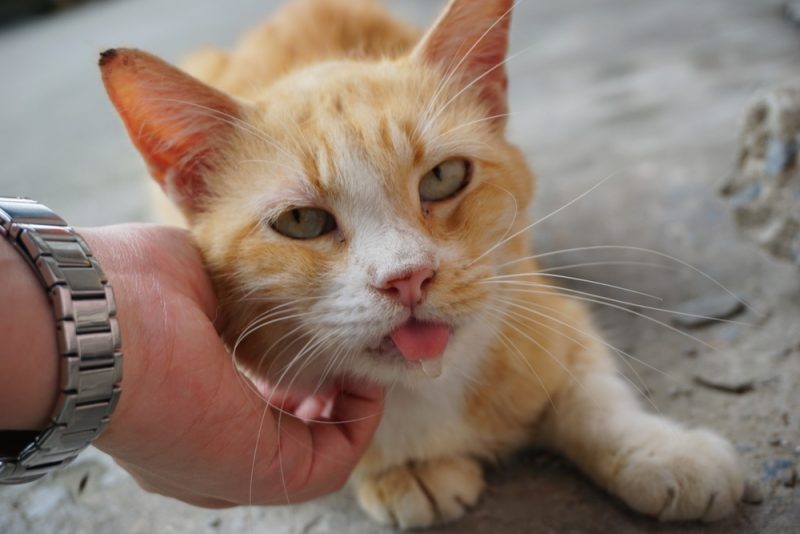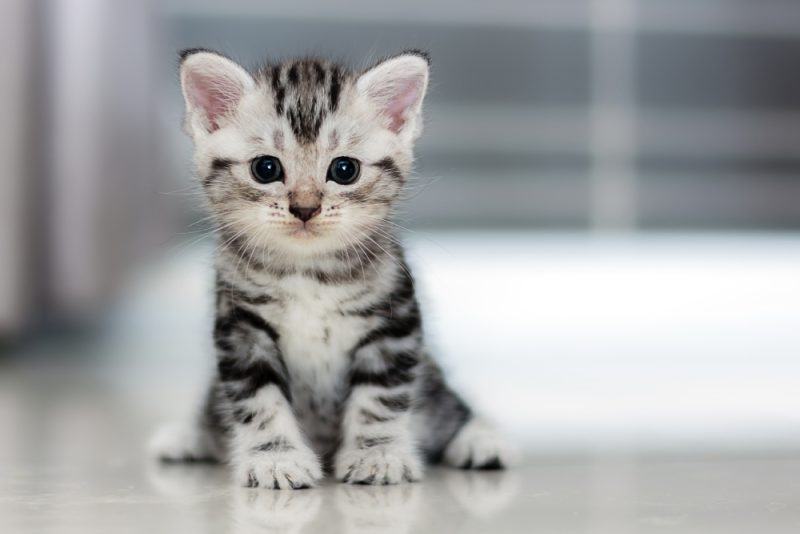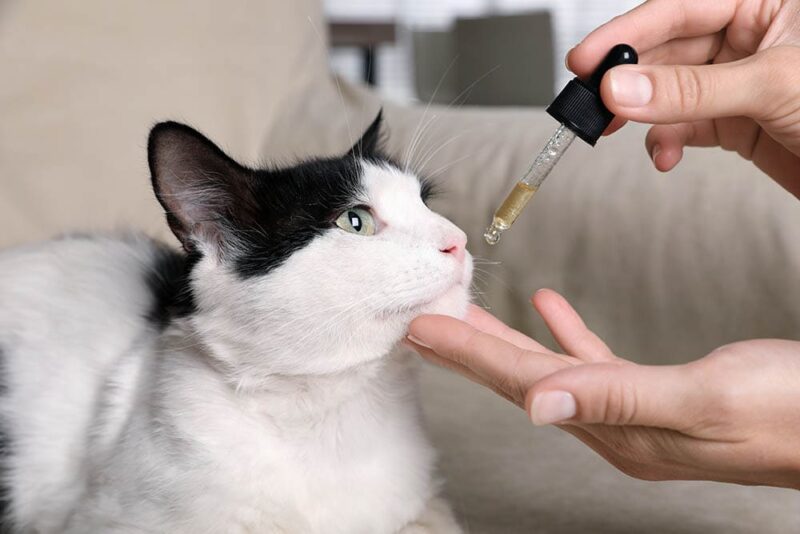In this article
Cats are inquisitive, adventurous animals that enjoy exploring their surroundings. However, they prefer sticking close to their home territory. Some cats are born outdoors and live a feral life on the streets with no human companions to care for them. Others live their entire lives indoors, where their owners can watch them closely.
Some might say that it is cruel to keep cats strictly indoors, but this isn’t really true. The key is to make sure they have plenty of company, stimulation, and opportunities to explore new things. Let’s explore all the pros and cons of indoor and outdoor living for cats and how to make an indoor cat’s life enjoyable and healthy.

Considerations of Indoor and Outdoor Living
When deciding whether your cat should live strictly indoors or be given access to the outdoors, there are several considerations. Each one may be more or less relevant to your situation, depending on your neighborhood environment and the extent of the stray cat problem in your area.
Illness and Disease
Cats that spend time outdoors are susceptible to illness and disease by making contact with or getting into fights with stray cats that live on the streets.
- Feline leukemia
- Feline coronavirus
- Feline distemper
- Feline AIDS
- Upper respiratory infections
- Feline herpesvirus
Some of these dangerous diseases can be fatal if not caught and treated early. Unfortunately, clinical signs sometimes do not develop until a disease has progressed. Cats that don’t spend time outdoors are typically not exposed to these diseases, but they should be vaccinated against them in case they escape or if they live in a multi-cat household.
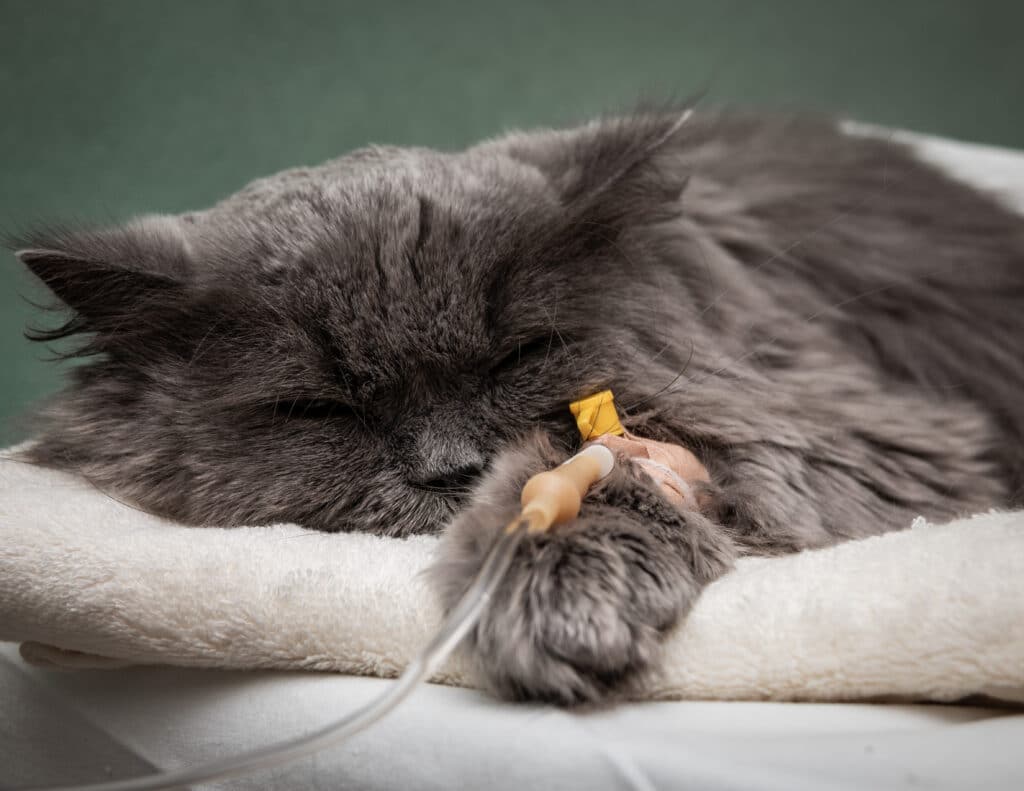
Parasites
Cats can easily pick up parasites when spending time outdoors. They can get infected by parasites inside, too, if the cat lives with dogs or the owner is not careful about what they bring into the house on their shoes. There are a few common parasites that can affect your cat, especially if they spend time outdoors:
- Ear mites
- Ticks
- Fleas
- Gastrointestinal worms
Flea-and-tick prevention protocols are crucial for cats, whether they live strictly indoors or outdoors. However, some products may not protect your cat if they live outdoors, at least part-time.
Accidents and Injuries
Injuries and accidents can happen inside the house and outdoors, but the dangers differ. Indoors, a cat might jump toward a shelf and miss or slip off a table and hurt themselves. They might accidentally get their tail slammed in a door jam or get tripped over in the middle of a commotion.
Outside, a cat can get hit by a vehicle or have a tree branch fall on them. Loose dogs are serious threats to cats since cats are seen as prey to them. There is also the risk that an outdoor cat can get picked up by a person and taken away from their home.
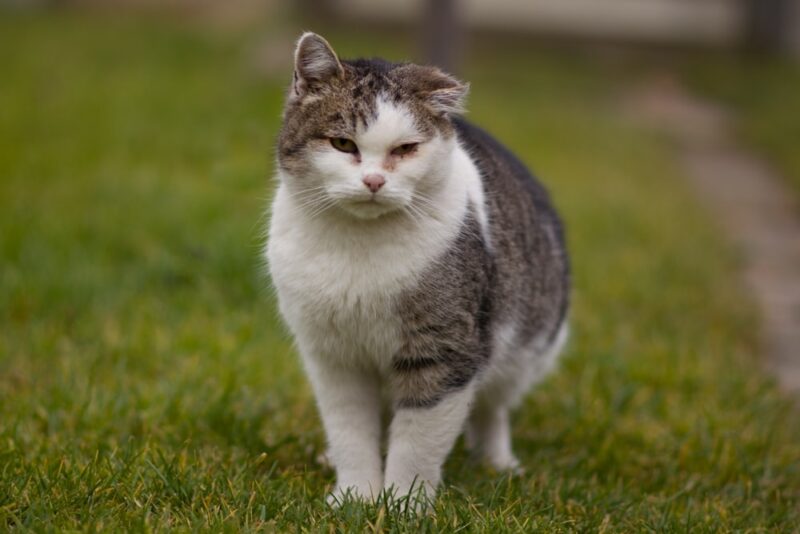
Toxins and Poisons
A cat can be exposed to toxins and harmful substances in the home, but the risk is minimal as long as cleaning supplies and rodent poisons are kept out of reach. Unfortunately, the same cannot be said for the outdoors.
Antifreeze can be confused with water, and cats often drink the poison in driveways and on the streets. Rodent poisons are also a concern outdoors because neighbors could have put some out to keep rats away from their homes.
Cruelty Risks
While you can keep your cat safe from abuse and cruelty inside your house, you can’t always do so outside. Some people do not like cats and will kick and throw rocks at them, which could cause injuries. You don’t have to worry about that when your cat is safe inside.
Be sure to weigh the risks of indoor and outdoor living before letting your kitty outside.

Keeping Your Indoor Cat Happy and Healthy
It is possible to keep your cat happy and healthy while living strictly inside the house. Here are a few things you can do to optimize your cat’s life experience.
Make Plenty of Space Available
Your cat needs space for exploring, running, playing, and napping. Make multiple rooms cat-friendly so they can choose where to explore and hang out. Attach floating shelves to the walls for them to jump and climb on.
Clear off the top of cupboards and bookshelves so they can curl up there. You can also install a hammock on a window to make it easy for them to bask in the sun and look outdoors.
Incorporate Equipment for Exercise and Adventure
Exercise and adventure are crucial for a cat’s health and happiness. In addition to ensuring there is room to run around in the house, your kitty should have access to scratching posts for claw sharpening and muscle stretching, climbing towers for adventure and agility training, and interactive toys to chase around the house.
Mental stimulation can be encouraged with interactive toys, puzzle toys, puzzle feeders, and even toy balls. You should spend at least 15 minutes a day playing with your cat for enhanced bonding and to ensure that they’re getting the exercise and attention they need to thrive.
While some cats have no trouble getting in their daily dose of exercise via the zoomies, others require a bit more encouragement to get active. The innovative Hepper Hi-Lo Cat Scratcher offers a 3-position design that provides cats with a variety of levels to play on, each engaging their full body and muscles. The durable cardboard scratching pad is an enticing cat-friendly place to climb, stretch, and claw, fulfilling their instinctual need to scratch.
If you are looking to improve your cat's health and increase their energy, check out the Hepper Hi-Lo Cat Scratcher. At Catster, we’ve admired Hepper for many years, and decided to take a controlling ownership interest, so that we could benefit from the outstanding designs of this cool cat company!
Separate Food, Water, and Bathroom Spaces Appropriately
Cats do not like to eat, drink, or use the bathroom in the same vicinity. You can ensure the litter box is located in an entirely different room, away from foot traffic, and where privacy can be afforded. Outdoor cats sometimes look for puddles, streams, or rivers to drink water from, so using a fountain water dispenser may encourage your indoor feline to drink more.
Bring the Outdoors Inside
Incorporating outdoor elements into your home’s design can provide your cat with extrasensory pleasures. Grow catnip on a counter for them to chew on, and place other cat-friendly plants around the house for them to sniff out.
- Cat Thyme (Thymus vulgaris)
- Spider plants (Chlorophytum comosum)
- Bird’s nest ferns (Asplenium nidus)
- African violets (Saintpaulia spp.)
- Venus flytraps (Dionaea muscipula)
- Polka dot plants (Dionaea muscipula)
Choose different plants to mimic what your cat might come across outdoors. Most felines will enjoy the various scents and textures.
Consider Safe Outdoor Adventures
For especially adventurous and confident cats that love watching the outdoors, you can consider building a secure catio. This is a safe space that is enclosed, preventing your cat from leaving, and other animals from coming in, while giving them the opportunity to explore and enjoy the outdoors. Equip it with shelves and perches, cat trees and obstacles to keep your kitty entertained, as they like to watch birds and other prey animals from a safe distance.
If started from a young age, many cats can be trained to wear a harness and a leash, and can accompany their owners on outdoor adventures. Make sure first your cat is well used to wearing a harness and finds it comfortable. Take them to quiet areas without other animals, ensure the lead is securely attached, and have your cat microchipped in case they get lost.
The Verdict: Keeping a Cat Indoor Isn’t Cruel When Done Properly
If your cat is physically and mentally engaged and has access to exercise, adventure, and companionship, there is no reason to feel bad about keeping them indoors. They are less likely to run into danger when living inside, and they won’t get into fights with stray or neighborhood cats. It’s easy for kittens to adapt to indoor living, but patience is necessary when transitioning an outdoor cat to indoor living. Not to mention, you will have spared a lot of wildlife, birds, and rodents, from being attacked or killed by your kitty.
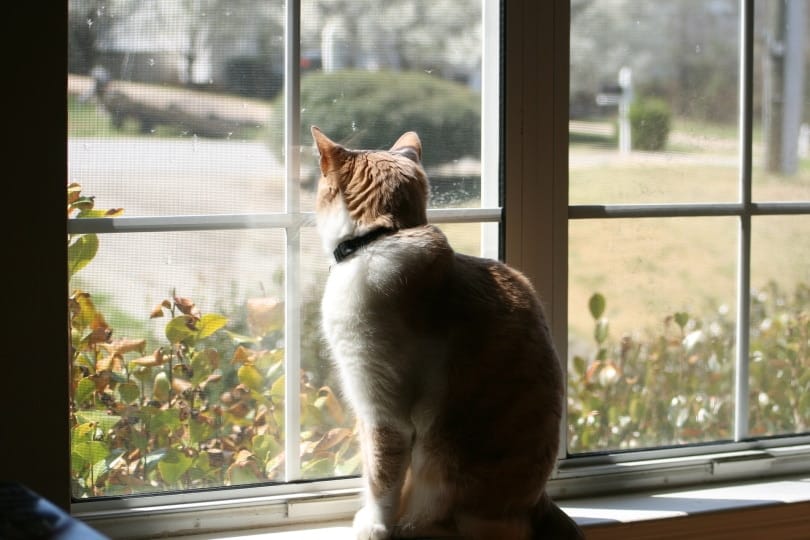

In Conclusion
Cats can survive outdoors, but they are much safer when they live indoors with human companions. Fortunately, there are many things that we can do to make our homes feel like heaven for our beloved felines. Hopefully, you’ll find these tips useful for your situation!
Featured Image Credit: Chan Deshpong, Shutterstock
